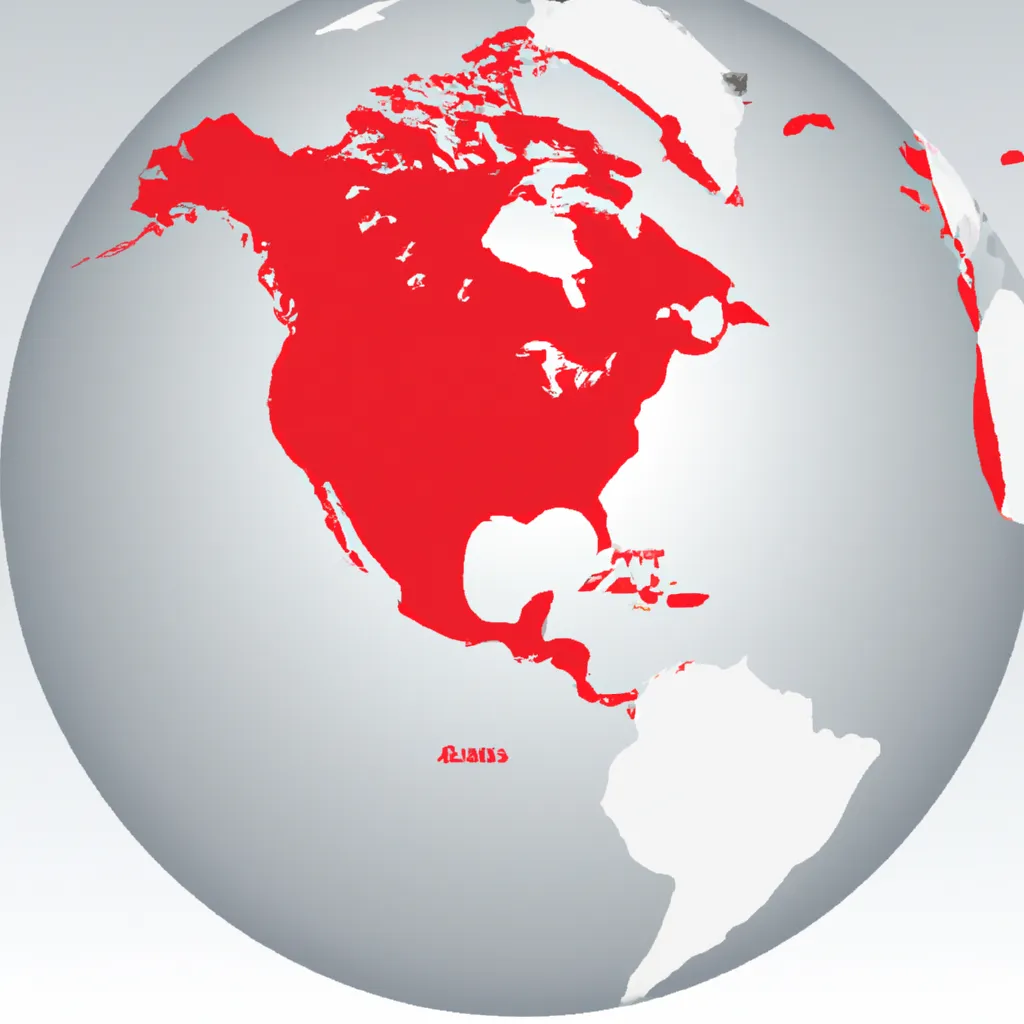How did the US become a global superpower in 250 years while other countries still struggle with development

Historical Context and Events
The ascension of the United States to the status of a global superpower is a result of a series of historical events and circumstances. A significant factor was the nation's early embrace of capitalism and the principles of a free market, which facilitated swift economic expansion and innovation. Moreover, as a former British colony, the U.S. had the advantage of access to a vast and well-established market, along with a robust legal and political framework.
The country's participation in World War II was another crucial factor, which amplified its global influence and cemented its position as a military and economic titan. The U.S. was the only major power to emerge from the war with its infrastructure and economy unscathed, providing it with a considerable edge over other nations in the post-war era.
Geographical Advantages and Resource Accessibility
The geographical location of the U.S. and its access to a wealth of natural resources, such as oil, coal, and fertile land, also played a significant role. This facilitated the growth of a potent manufacturing sector and a thriving agricultural industry, which further propelled the nation's economic growth.
In contrast, many ancient nations are situated in regions with less favorable geography and limited natural resources. This can pose challenges for economic development, as these nations may have to depend on trade or other means to procure the resources necessary for growth.
Socioeconomic and Political Frameworks
Lastly, the U.S. boasts a relatively stable and efficient socioeconomic and political system, which has enabled sustained growth and development. The nation's democratic form of government, coupled with a robust legal structure and respect for individual rights, has fostered a stable and predictable environment for businesses and investors.
On the other hand, many underdeveloped countries grapple with political instability, corruption, and weak legal systems, which can pose challenges for businesses and impede individual prosperity. These factors can trigger a vicious cycle of underdevelopment, as economic stagnation can lead to political instability, which can, in turn, further obstruct economic development.
Sources: History of U.S. Economy
This question was originally posed here: